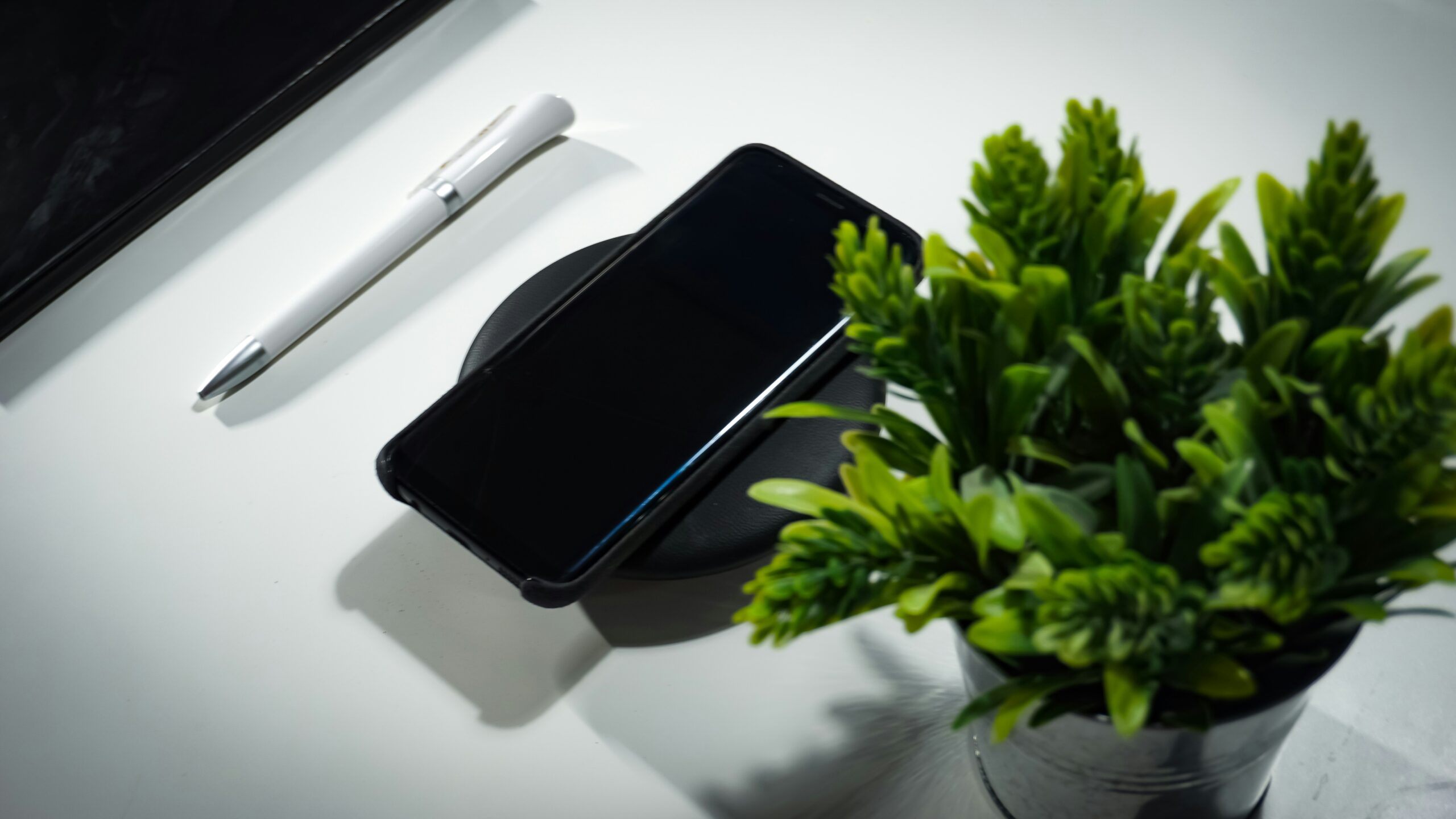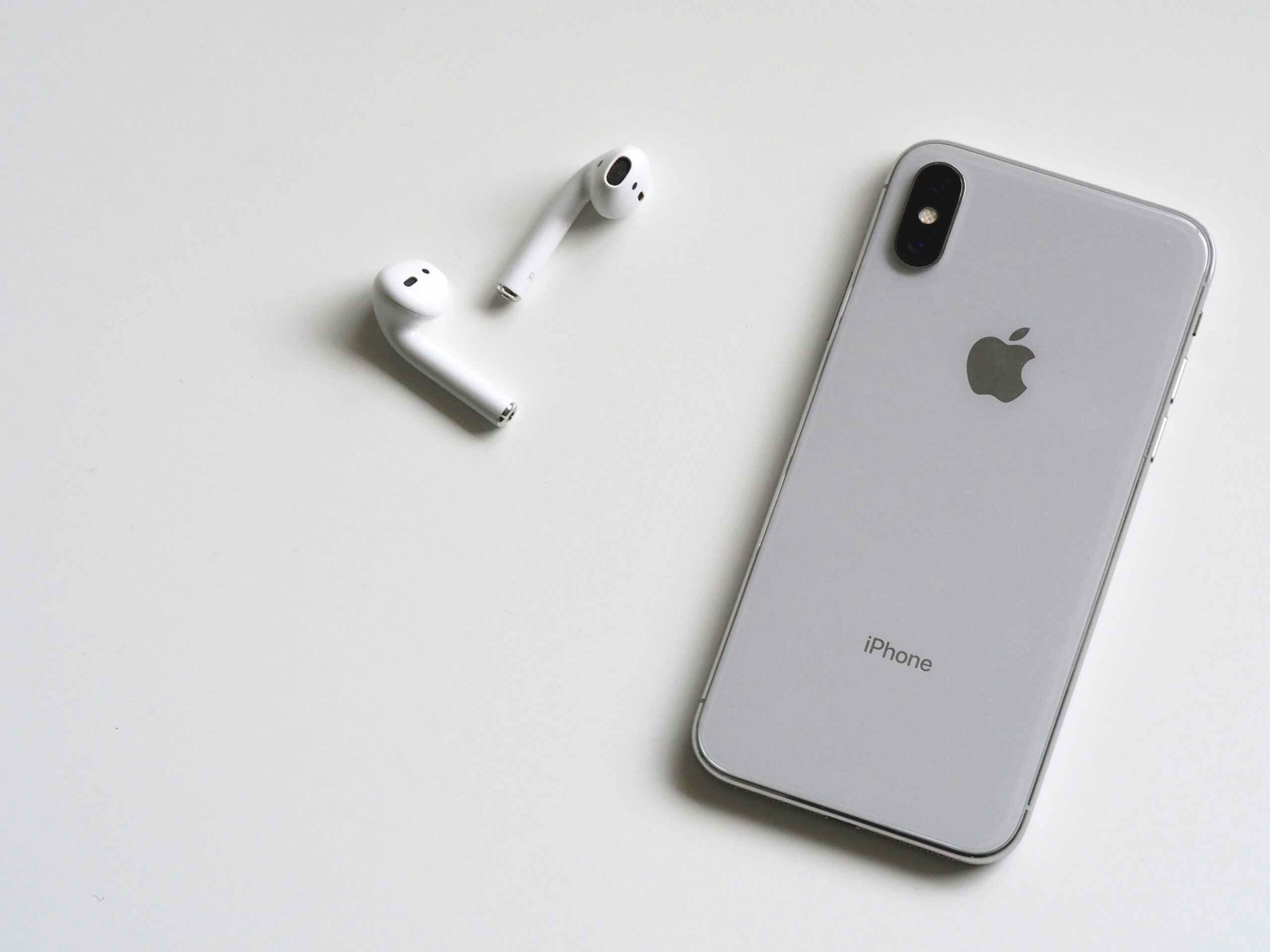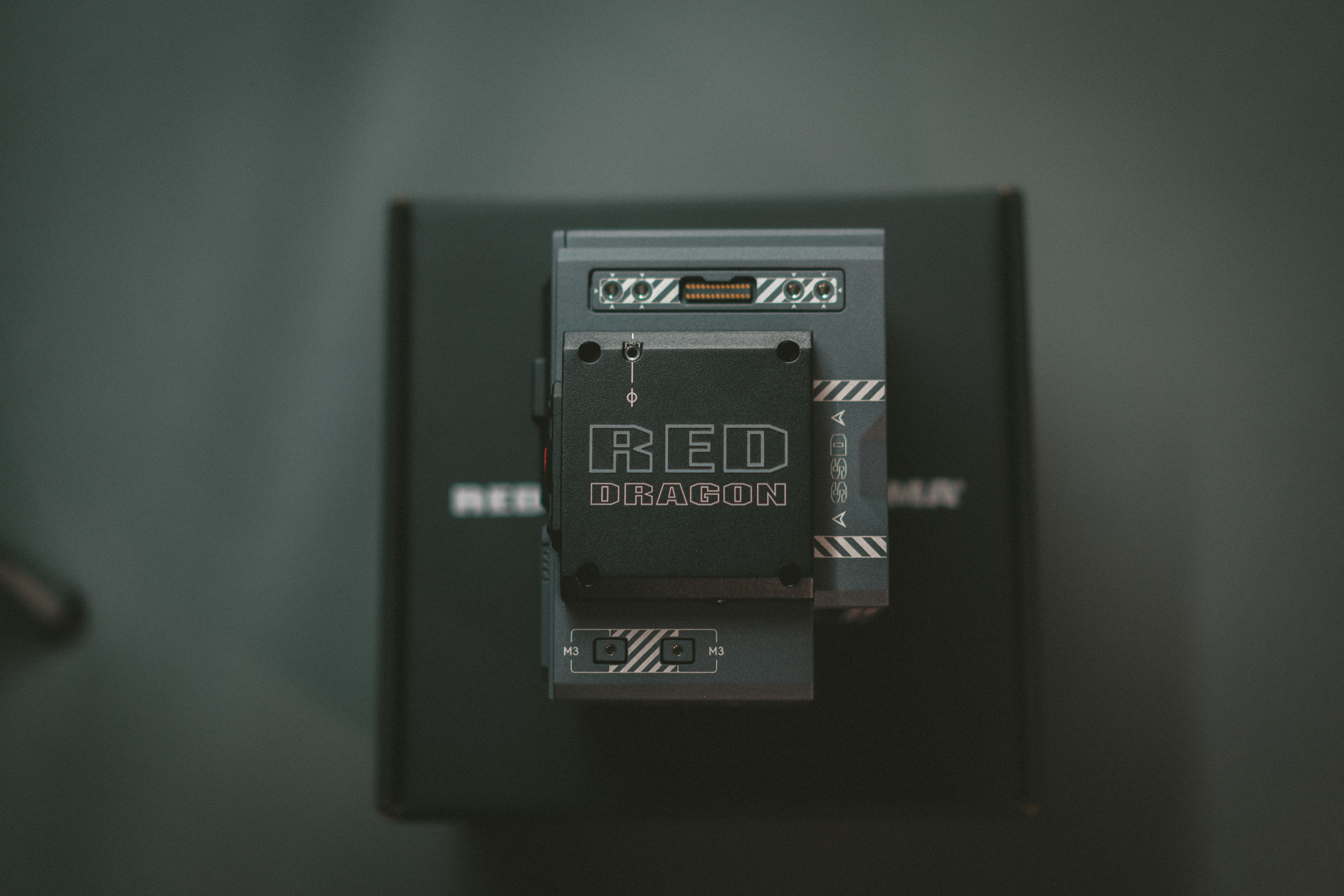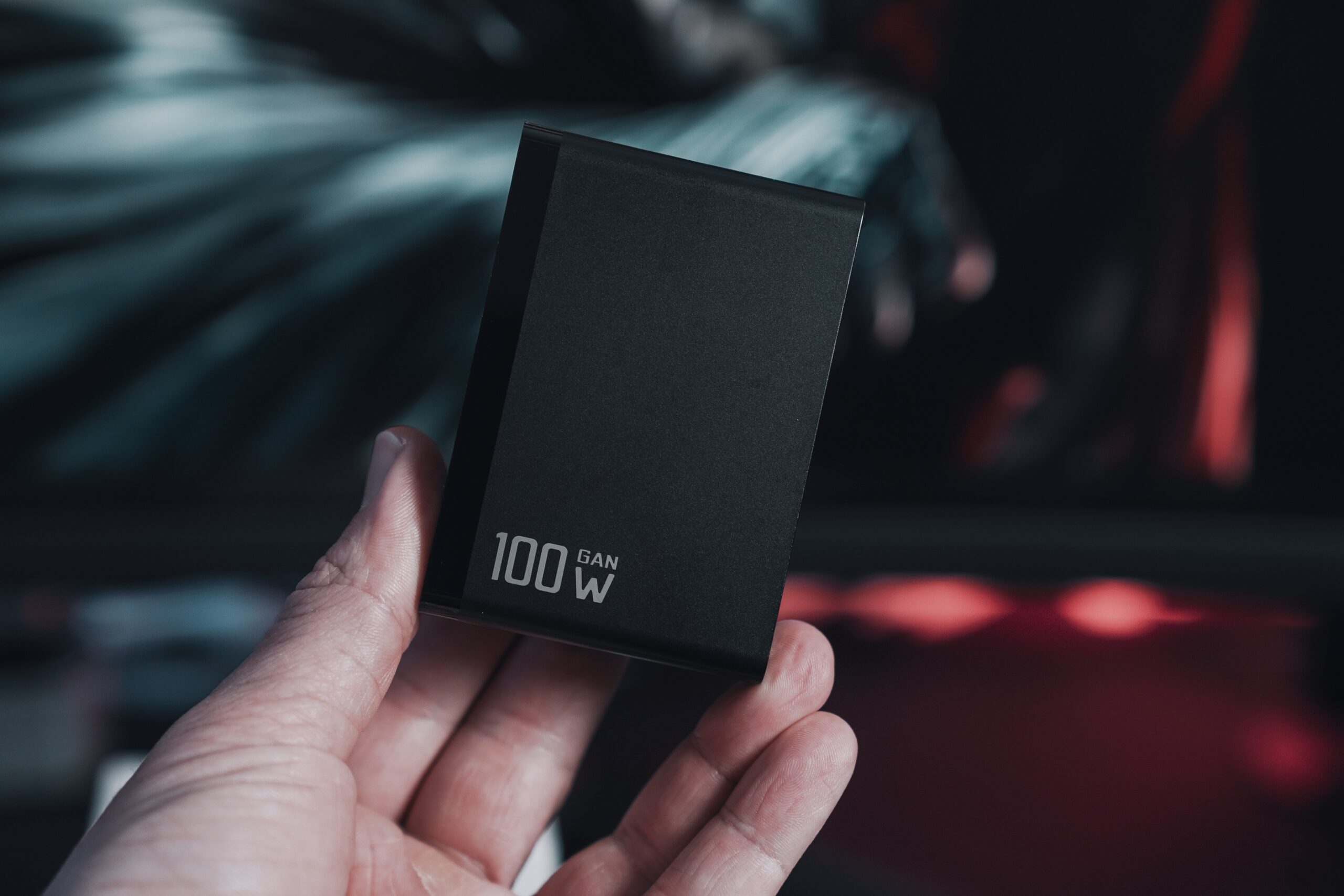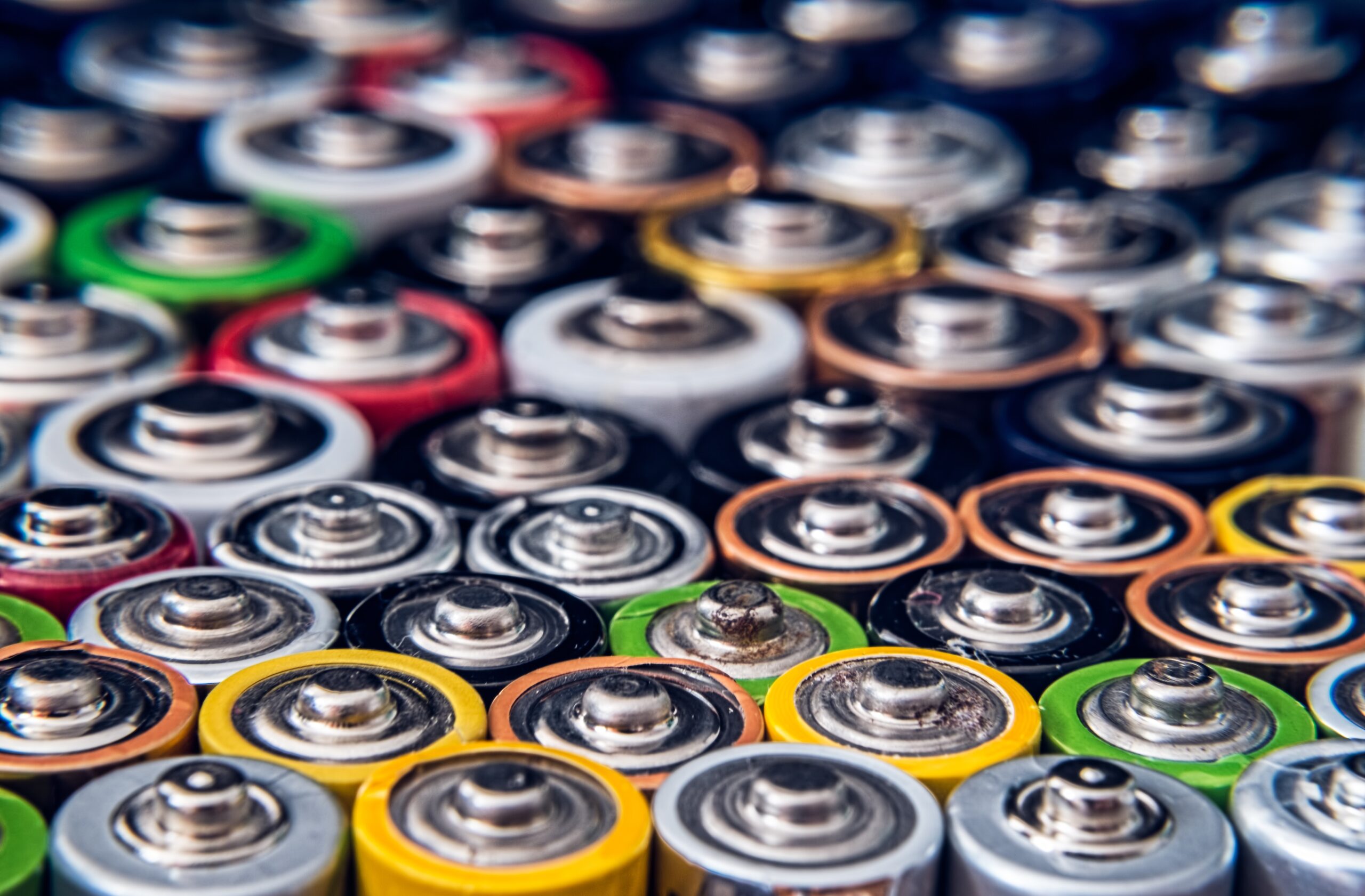Soaring to New Heights: Lithium Polymer Batteries in Modern Aircraft

The aviation industry is undergoing a remarkable transformation, driven by technological advancements aimed at making flying more efficient, eco-friendly, and sustainable. Among the innovations at the forefront of this transformation are lithium polymer batteries, commonly known as LiPo batteries, which are revolutionizing the way aircraft are powered. In this article, we will explore the pivotal role of rechargeable lithium polymer battery in modern aviation, their unique advantages, and how they are shaping the future of aerial transportation.
A Paradigm Shift in Aircraft Power
Read Also : Elevate Your Drive with Alpine Car Audio: A Symphony on Wheels
Traditionally, aircraft have been powered by internal combustion engines, jet turbines, or traditional lead-acid batteries for auxiliary systems. However, the advent of lithium polymer batteries has ushered in a new era in aviation, offering a host of benefits that are instrumental in achieving the industry’s evolving goals.
The Advantages of Lithium Polymer Batteries in Aircraft
Read Also : Powering the Future: The Advantages of 12V Lithium-Ion Batteries
1. Exceptional Energy Density
Rechargeable lithium polymer battery are celebrated for their remarkable energy density. They can store a significant amount of energy in a relatively lightweight and compact package. This translates to longer flight times and improved range, a pivotal factor in the pursuit of sustainable aviation.
2. Lightweight and Space-Efficient
LiPo batteries are considerably lighter and more space-efficient than traditional battery technologies. By reducing the weight of onboard power sources, aircraft can achieve greater fuel efficiency, higher payload capacity, and enhanced overall performance.
3. High Power Output
Lithium polymer batteries can deliver high levels of power rapidly, making them ideal for applications that demand swift acceleration, such as take-offs and quick maneuvers. This capability contributes to the superior performance standards expected of modern aircraft.
4. Rapid Charging
LiPo batteries can be charged relatively quickly, allowing for shorter turnaround times between flights. This feature is of particular significance in commercial aviation, where efficiency and punctuality are paramount.
5. Enhanced Safety Features
Modern lithium polymer batteries are equipped with advanced safety mechanisms, including protection against overcharging, over-discharging, and short circuits. These safety features significantly reduce the risk of accidents related to battery malfunction, ensuring passenger safety.
6. Reduced Environmental Impact
The adoption of lithium polymer batteries aligns with the global push for greener aviation solutions. Their high energy efficiency and lower emissions contribute to a reduced environmental footprint compared to traditional aviation power sources.
Applications of Lithium Polymer Batteries in Aircraft
Read Also : Powering the Road Ahead: The Advantages of Lithium-Ion Car Batteries
Lithium polymer batteries find a range of applications in modern aircraft:
1. Electric Propulsion Systems
In electric and hybrid-electric aircraft, lithium polymer batteries serve as the primary power source for propulsion. They provide the necessary energy for electric motors to drive the aircraft’s propellers or fans, enabling efficient and eco-friendly flight.
2. Auxiliary Power Units (APUs)
Lithium polymer batteries are employed in APUs to provide electrical power for aircraft systems when the main engines are not running. This is crucial for functions like lighting, avionics, and climate control, enhancing passenger comfort and safety.
3. Emergency Power Systems
LiPo batteries serve as reliable backup power sources in the event of engine failure or electrical system malfunctions. They ensure that critical systems remain operational, allowing for safe landings in emergency situations.
Charting the Future of Aerial Transportation
Read Also : Taking Flight: The Advantages of Lithium Polymer Batteries in Airplanes
As aviation continues to embrace electric and hybrid-electric propulsion, lithium polymer batteries will play an increasingly pivotal role. Ongoing research and development in battery technology aim to further enhance the performance and safety of these batteries, propelling the aviation industry toward a more sustainable and efficient future.
In conclusion, rechargeable lithium polymer battery represent a significant leap forward in aviation technology. Their exceptional energy density, lightweight design, and rapid charging capabilities make them a transformative power source for aircraft. By powering electric and hybrid-electric propulsion systems, these batteries are not only shaping the future of aviation but also contributing to a more sustainable and environmentally conscious industry.























